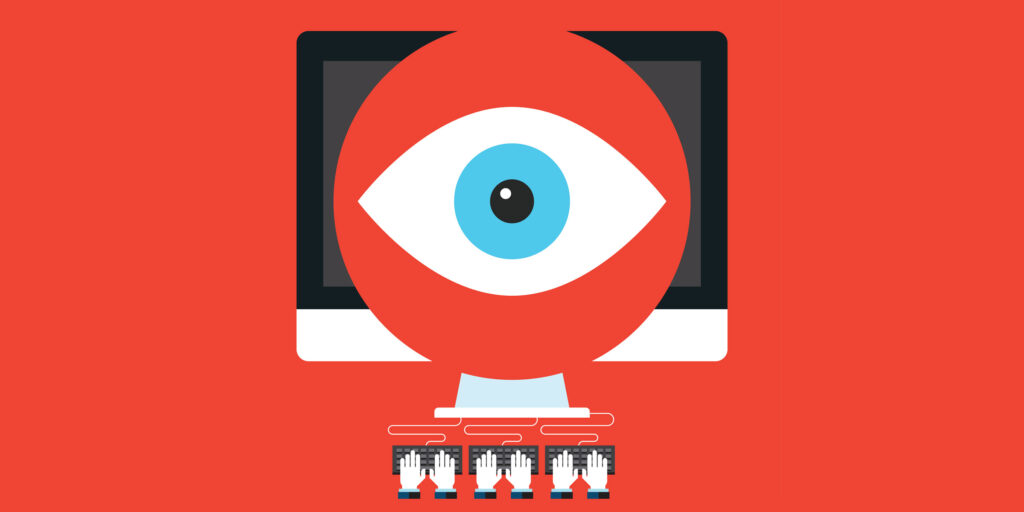Employees everywhere are wondering what the future of work has in store for them. Business leaders are similarly wondering what skills and technologies they should invest in, to futureproof their organization.
According to almost every major study on technology trends, artificial intelligence and automation are emerging as the answer to both these questions. Take, for instance, how the impact of generative AI multiplies exponentially when combined with the action layer of automation. Together, these technologies are predicted to help companies tackle a multitude of challenges from minimizing the high costs of inefficiency to reducing the time to market of new products and solutions.
In other words, the main priorities for organizations will remain the same: innovation, productivity, and growth. But the future of work will be defined by how companies use revolutionary technology like intelligent automation (a combination of RPA and AI) to navigate employee experience and company culture. Business leaders are seeing the potential of this technology stretch across every function – it is not just powerful in its ability to ‘keep the lights on’ in times of crisis but is crucial to improving experiences and impact for customers, employees and the entire business.
This is yet another indication of the rise of the Automation Economy – a period of radical mindset and behavioral shifts in which organizations across all industries are increasingly adopting automation as a core technology that powers their entire business.
Unleashing human potential
This is good news for the workforce. Intelligent automation augments and complements the efforts of human workers to empower everyone in the organization, from customer service and sales operations to IT help desk, finance and accounting by minimizing manual, repetitive tasks and helping users achieve greater productivity and overall well-being.
The introduction of ‘digital coworkers’ has allowed employees to delegate repetitive and time-consuming tasks to technology and redirect their attention toward more meaningful and innovative work. Soon, organizations will look at their workforce as consisting of both human and digital workers, and these digital workers will enhance any job role. They can execute certain tasks on their own – a digital worker can take on the work of regularly submitting invoices through the system from beginning to end. They can also operate like a personal assistant for each employee by providing seamless access to various applications, platforms and devices and simplify work by consolidating data into a single view, thus, significantly increasing employee’s work efficiency. With work and data getting streamlined, employees will find reduced complexity in their day-to-day tasks and will be able to concentrate on what matters.
In today’s fast-paced, multi-platformed work environment, digital assistants are becoming increasingly crucial for enhancing employee productivity. Over time, digital workers can learn to prioritize certain business and IT processes, allowing them to operate in certain specialized roles with little to no supervision.
Intelligent automation will also continue to enable hybrid work – leaders and managers are being relieved of the burden of ensuring their teams are physically present at work, thanks to the availability of cloud-based automation in the form of RPA-as-a-service.
Not only does this elevate the experience of the employees themselves, but when it comes to the organizations, its likely crucial to retaining staff – globally, 61 percent of respondents to the Automation Now and Next survey said that automation has helped address staffing shortages, and in turn, helped organizations overcome disruptions and continue delivering great customer experiences.
The culture of an automation-first mindset
Making employee experience a strategic priority with the aid of intelligent automation is the need of the hour as talent remains the most valuable asset for organizations. However, as with any technology, there is bound to be a period of learning and adjustment. Business leaders will most likely need to apply a cultural lens to navigate this shift.
In the early days of digital transformation, many organizations found that there were mindset barriers to technology adoption, even when it was proven that new tech would significantly improve outcomes for their entire business and workforce. Developing an automation-first mindset and culture will involve upskilling and training at all levels of the organization. Plus, as the use of automation and the nature of specific job roles and functions evolve, businesses will likely need to evolve their structures as well.
One thing is certain – the Automation Economy represents a world of opportunities, and everything that can be automated will soon be automated. By providing every employee with access to cutting-edge technology, we realize new avenues for growth and innovation, transforming the way we work and operate our businesses.





